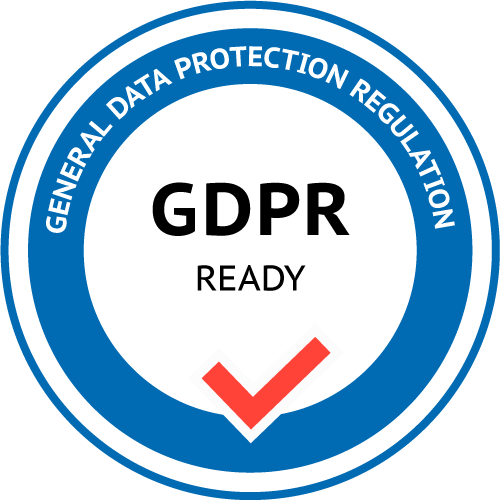General Ledger
A general ledger is a complete record of all financial transactions that occur within a company.
It serves as the central repository for all accounting data, including revenues, expenses, assets, liabilities, and equity.
The general ledger provides a detailed account of every transaction, allowing businesses to track their financial performance and ensure accurate financial reporting.
How General Ledger Works
The general ledger is organized into separate accounts, each representing a specific aspect of a company’s financial activities. These accounts are typically grouped into five main categories:
- assets
- liabilities
- equity
- revenues
- expenses
When a financial transaction occurs, it is recorded in the appropriate account within the general ledger using a process called journalizing.
Journal entries are used to document each transaction, specifying the date, amount, and accounts involved. Once a transaction has been journalized, it is posted to the general ledger, updating the relevant accounts to reflect the new information.
Why Is General Ledger Important
Here are the main reasons why the general ledger is a crucial part of any company’s accounting:
- Financial accuracy: By maintaining a comprehensive record of all financial transactions, the general ledger helps ensure that a company’s financial data is accurate and up-to-date.
- Financial reporting: The general ledger serves as the basis for preparing financial statements, including the income statement, balance sheet, and statement of cash flows. These statements provide insights into a company’s financial health and performance, enabling business owners, investors, and other stakeholders to make informed decisions.
- Regulatory compliance: Accurate and complete financial records are required for tax reporting and regulatory compliance. The general ledger helps businesses meet these requirements by providing a detailed account of all financial transactions.
- Internal controls: A well-maintained general ledger can serve as a valuable tool for detecting and preventing fraud, errors, and other financial irregularities.
General Ledger and Double-Entry Accounting
The general ledger is closely associated with the concept of double-entry accounting, a widely used accounting method that requires every transaction to be recorded in at least two accounts.
In double-entry accounting, each transaction affects both a debit and a credit account, ensuring that the accounting equation (Assets = Liabilities + Equity) remains in balance.
This system provides several benefits, including increased accuracy, easier error detection, and a more comprehensive view of a company’s financial activities.
The general ledger serves as the foundation for double-entry accounting, as it contains all the accounts needed to record and balance financial transactions.
The Purpose of a General Ledger
The general ledger serves several key purposes:
- Record-keeping: The general ledger provides a systematic and organized method for recording all financial transactions, ensuring that a company’s financial data is accurate and easily accessible.
- Financial analysis: By tracking revenues, expenses, assets, liabilities, and equity, the general ledger enables businesses to analyze their financial performance and identify trends, opportunities, and potential risks.
- Decision-making: The insights gained from the general ledger can inform strategic decision-making, helping business owners allocate resources effectively and pursue growth opportunities.
- Audit preparation: A well-maintained general ledger can simplify the audit process by providing auditors with a clear and accurate record of a company’s financial activities.
In conclusion, the general ledger is an essential component of any accounting system.
It serves as the foundation for accurate financial reporting, informed decision-making, and regulatory compliance.
By understanding the importance and purpose of a general ledger, companies can ensure that their financial records are well-maintained and that they have the information necessary to drive growth and success.


